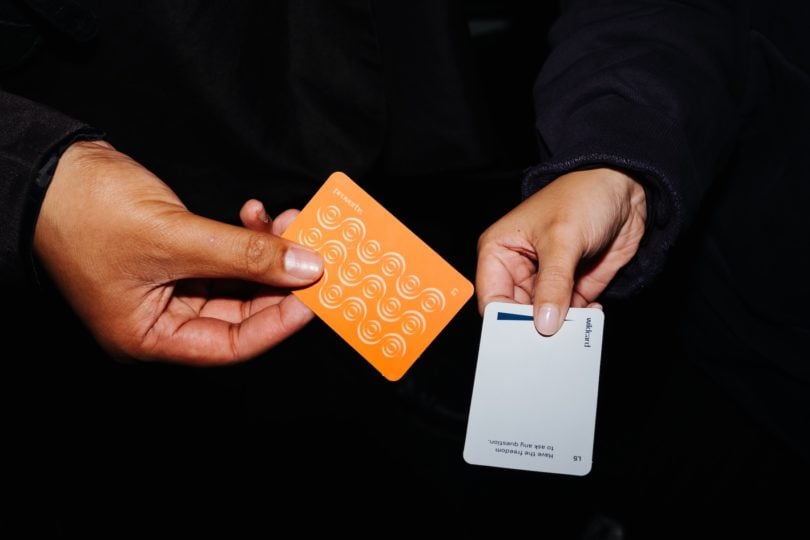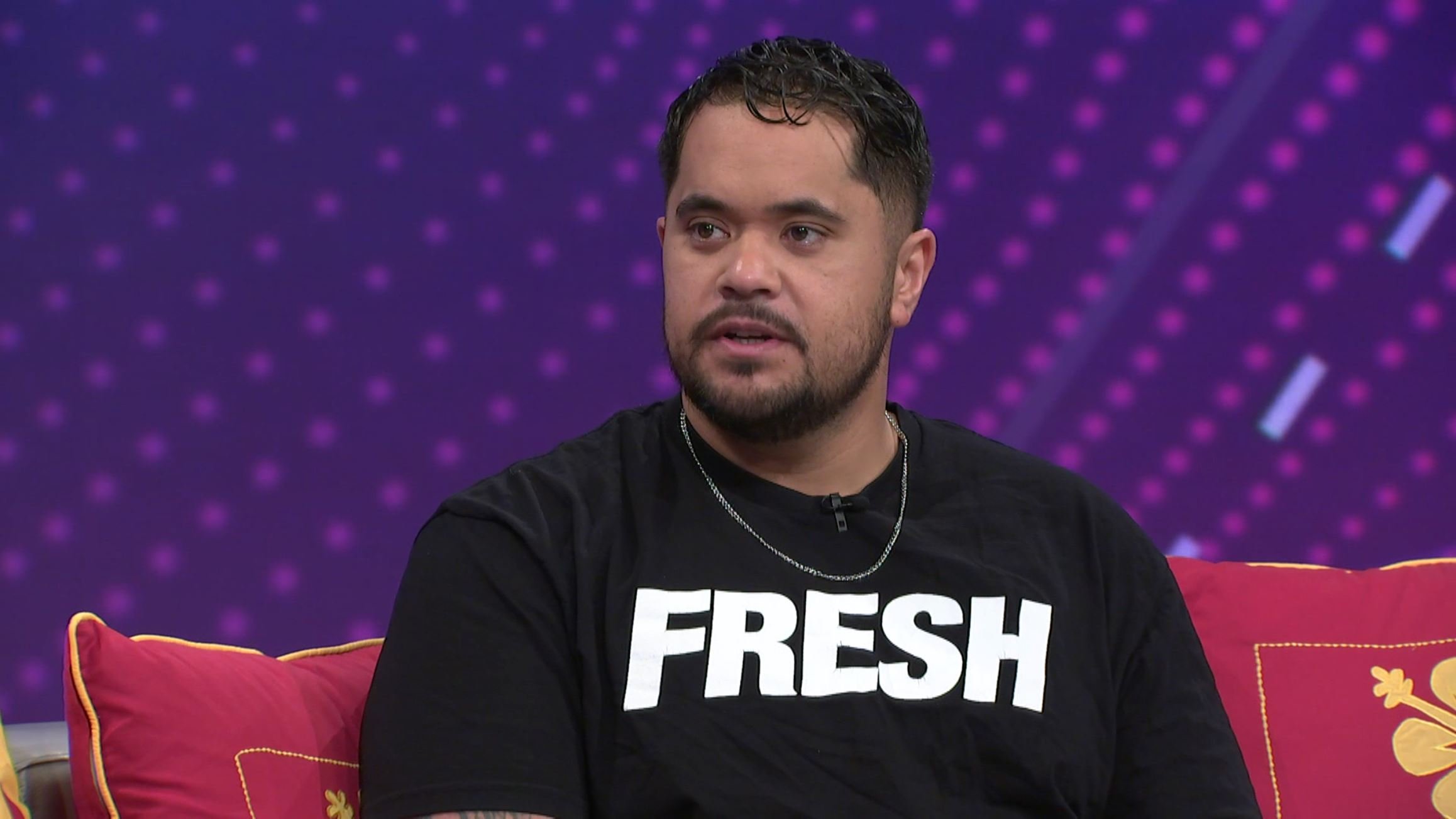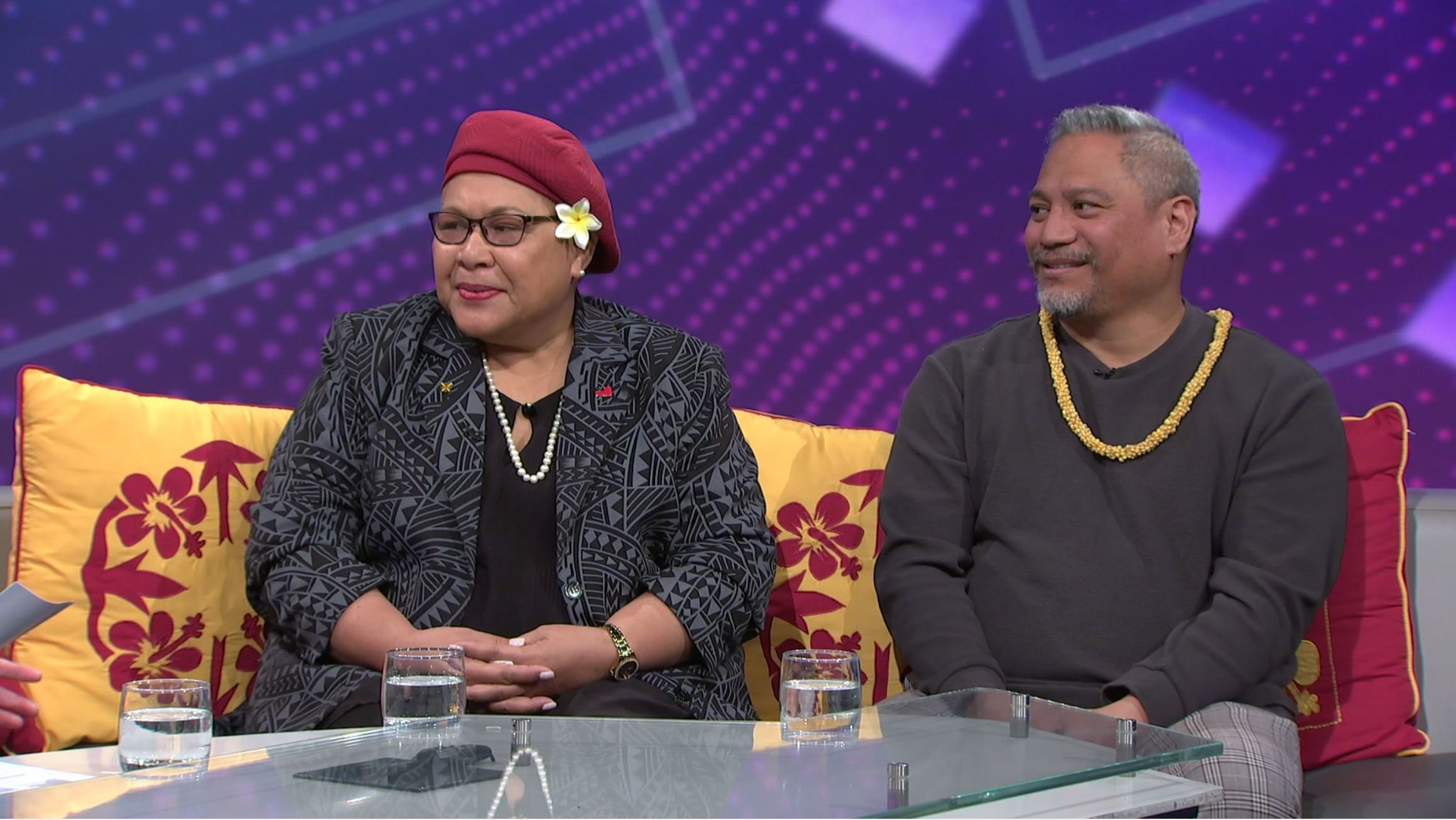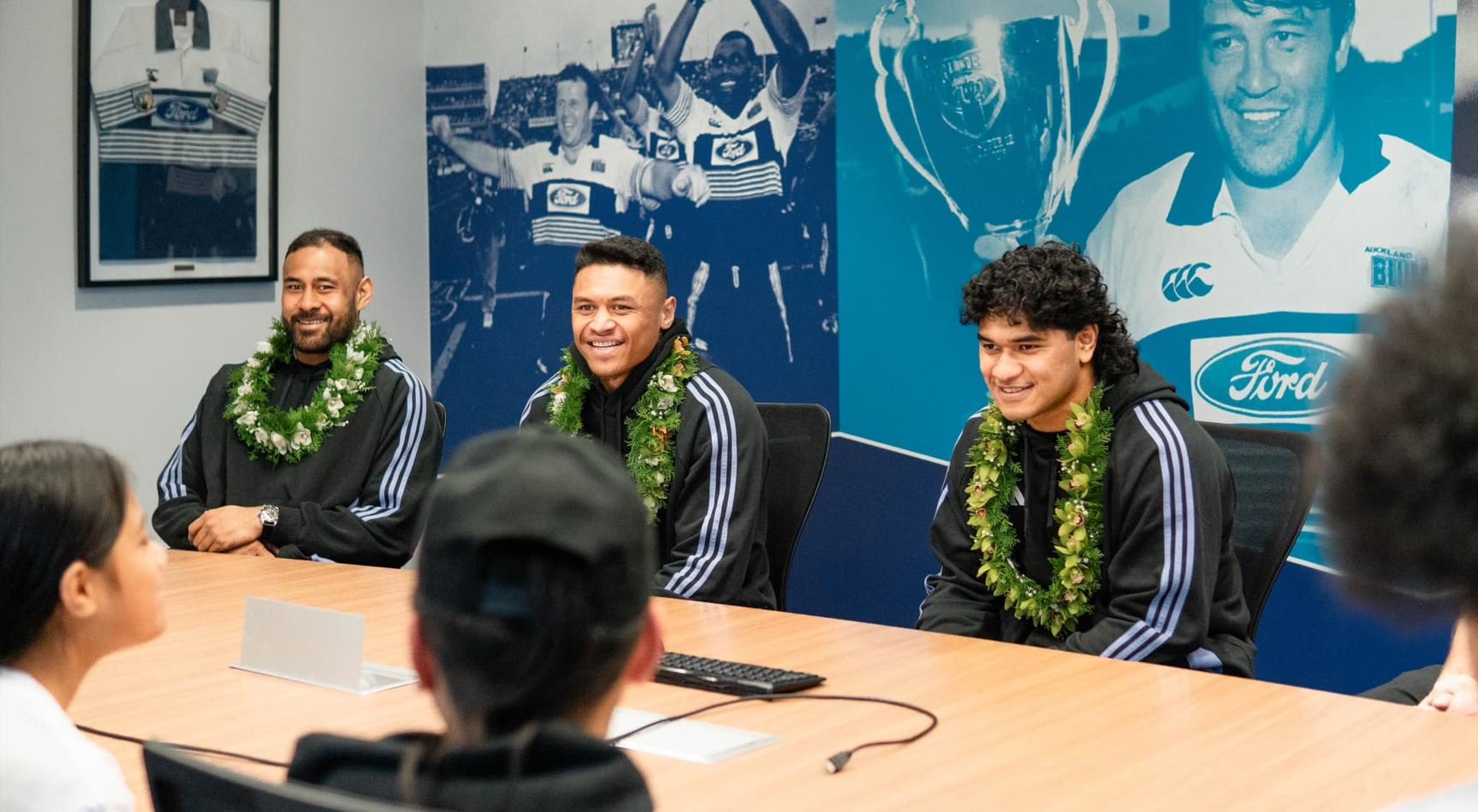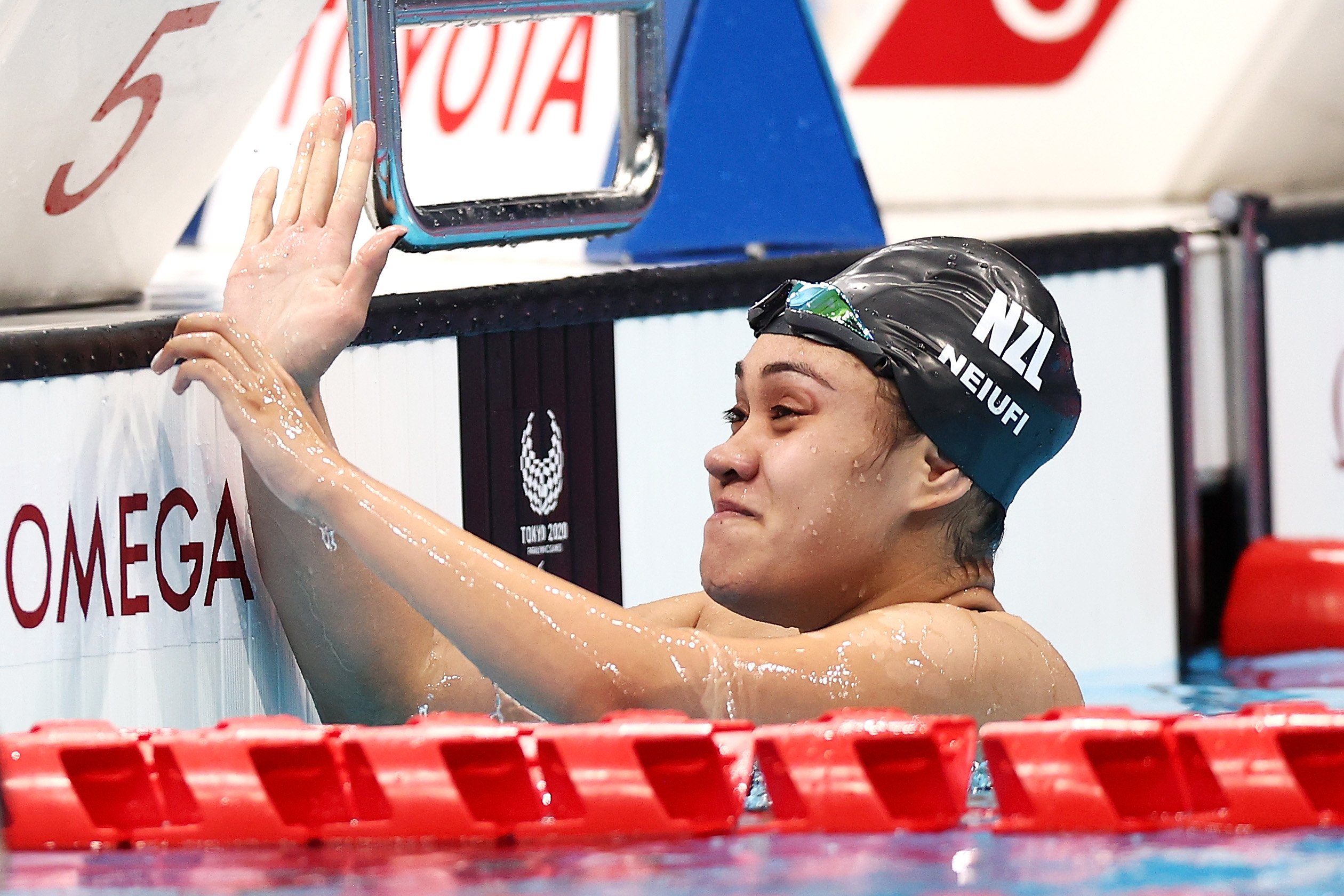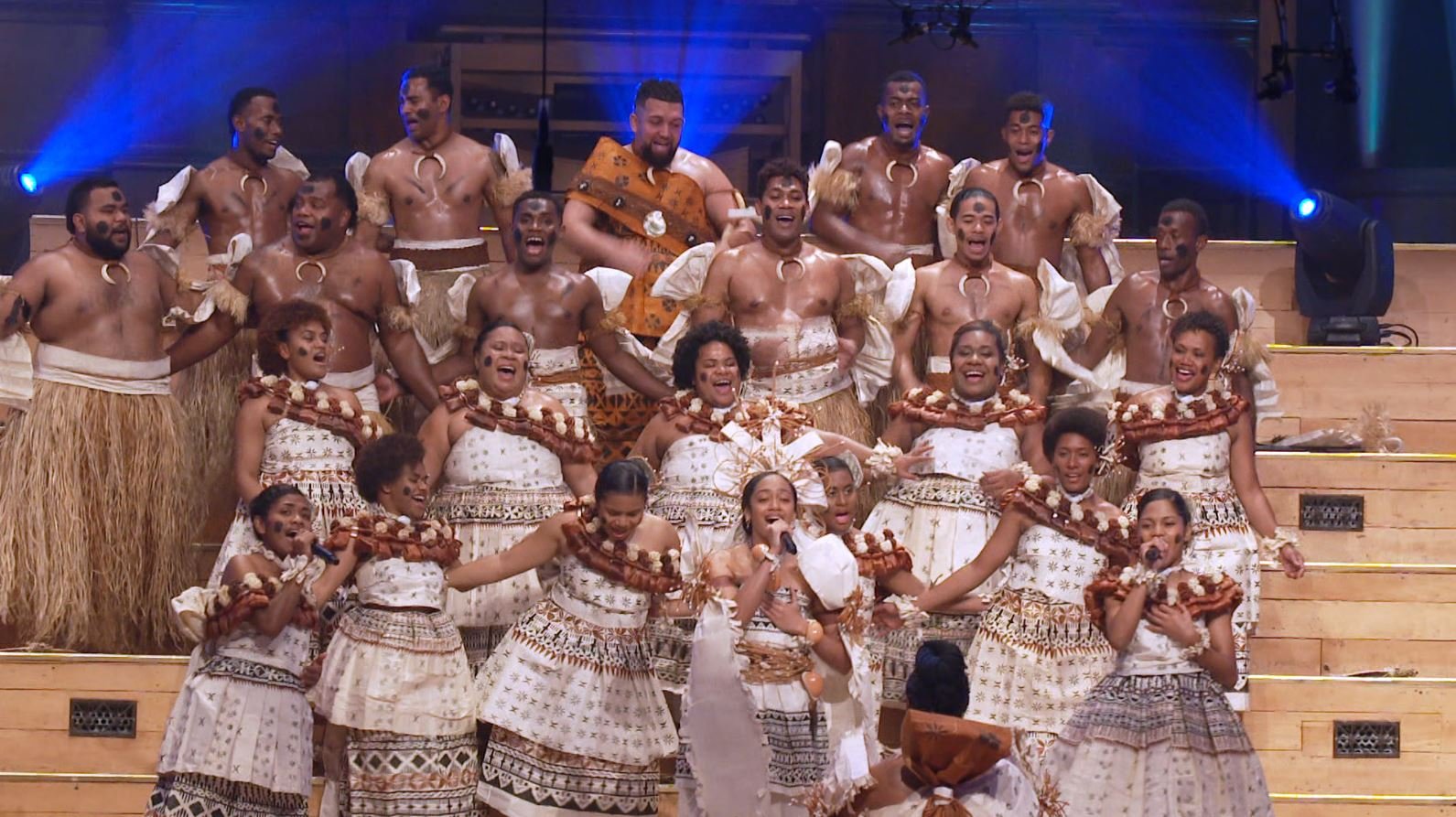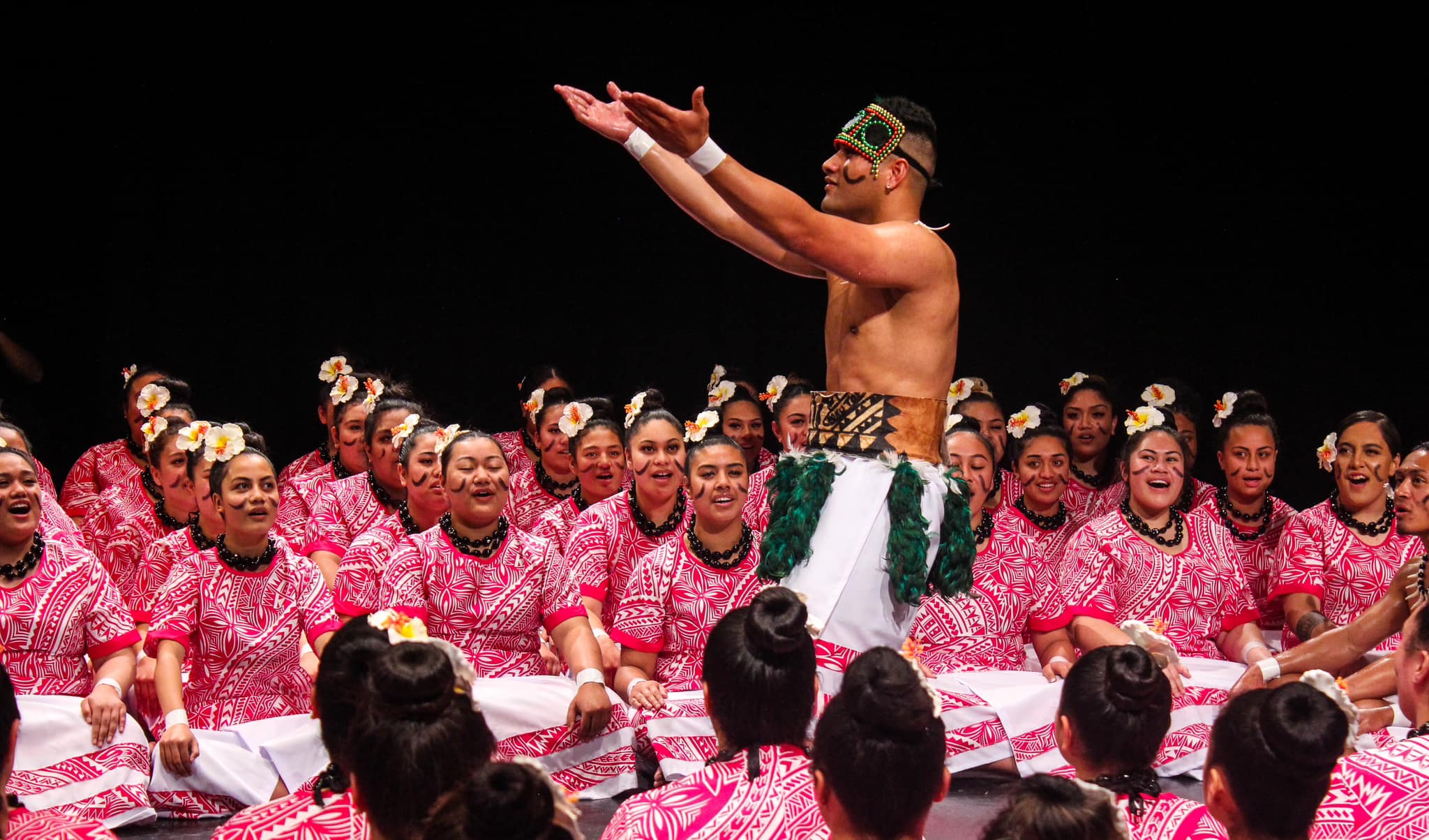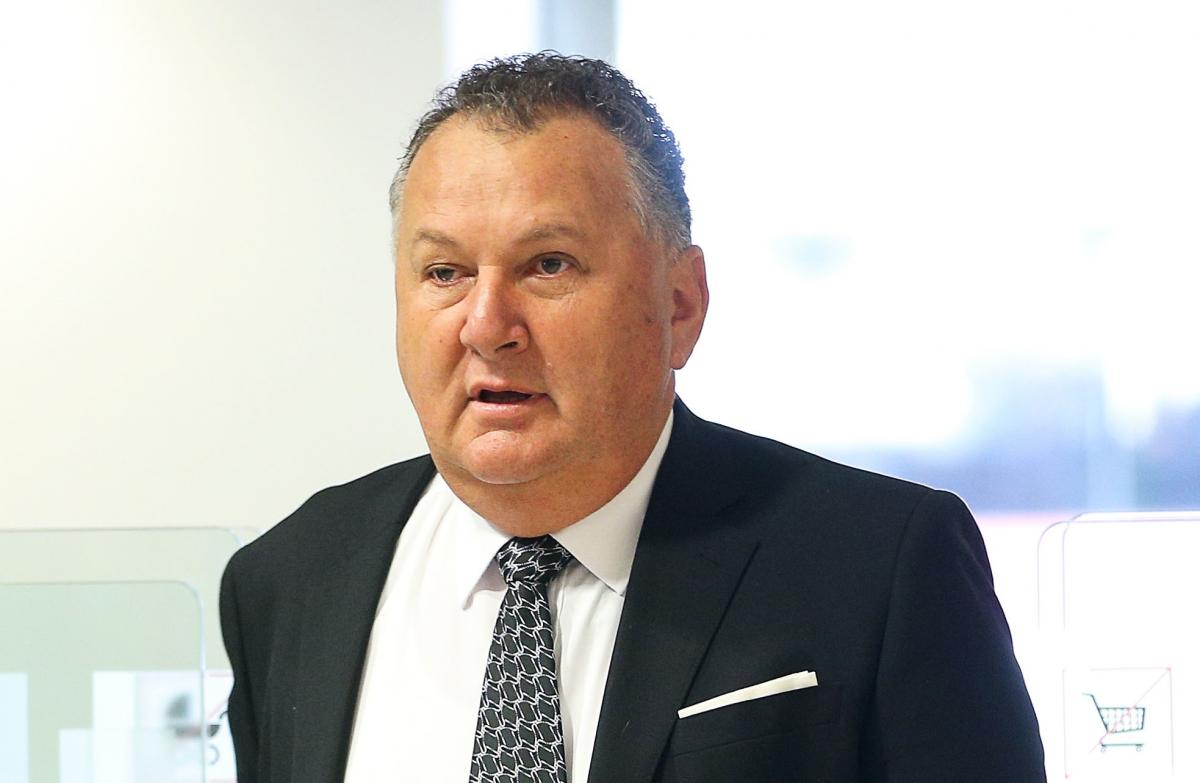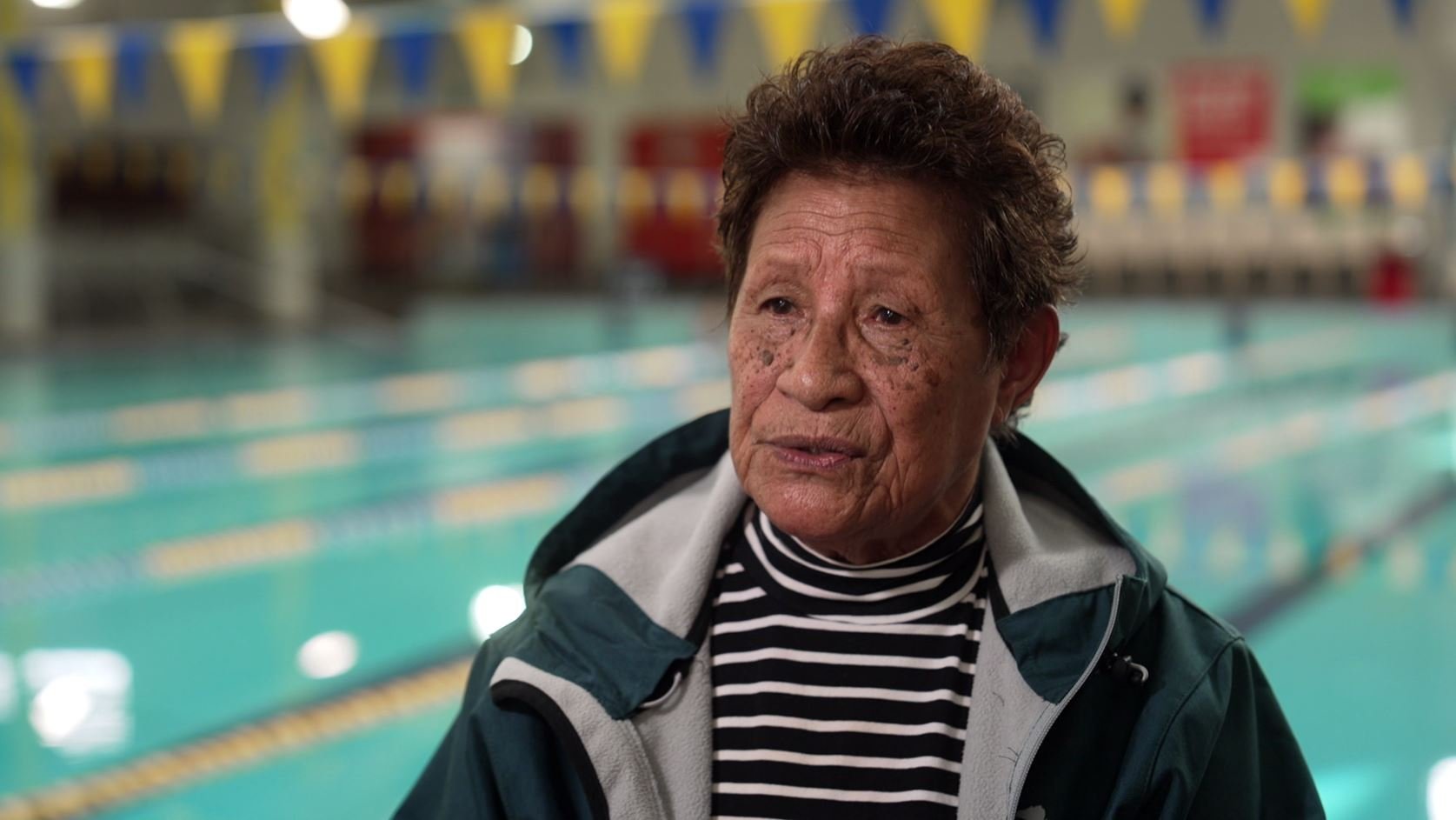Troy Tararo-Ruhe (Ma’uke, Cook Islands/Tuwharetoa, Ngā Puhi, Aotearoa) loves his sport and is passionate about dancing.
The 26-year-old PhD student from the University of Otago has developed an exercise programme called Niu Movement, which uses cultural performance and blends it with contemporary resistance training to make a high-energy fitness regime.
The programme will inform Troy’s final research project aiming to measure the effectiveness of circuit-based exercise in Pacific Islands communities.
“My purpose in life is service to my people,” he said.
“Those people are my Cook Islands people back in the Cook Islands and in Aotearoa, as well as all Pacific Islands people throughout the Pacific region.”
It’s an initiative that the proud Cook Islander has been honing over the last two years. He started in Dunedin in 2018, where he ran weekly sessions with the local community, and then implemented the programme back home in the Cook Islands in 2019.
He has worked with over 200 Pasifika people of all ages, ranging from 16 to 80 years old.
“This is the first time this has ever been done,” he said.
“When I did this work in the Cook Islands, I couldn’t believe I had reached my life goal of helping my communities so early in my career.”
Keeping track of his participant’s results, Troy realised the fitness plan had made a real difference in their lives.
“We had a decrease in blood pressure, waist circumference, hips circumference, increases in cardio respiratory fitness,” he said.
“They were fitter in what they were doing.”
Each session begins with the kapa rima (dance using hands) to warm up the participants before they get into a 50-minute workout.
The full workout is divided into four sections that target different body parts. The aim is to make sure the body is always moving, with resistance exercise in the middle before finishing off with the ura pa’u (fast drum dance).
This was an opportunity to use traditional knowledge from the past with science to develop ‘niu’ movements.
“It’s cool because now that we have broken the mould of what is seen as regular exercise, it is starting to be investigated with scientific backing,” Troy added.
Troy will complete his academic journey with the School of Physical Education, Sport and Exercise Sciences (The University of Otago), which was made possible after he received a scholarship from the Health Research Council of New Zealand (HRC) in 2017.
He hopes to move on to post-doctoral studies with plans to work in the Pacific region.
So far, he’s already teamed up with the Cook Islands Ministry of Health on physical activity strategies to help mitigate non-communicable diseases such as diabetes and obesity.
“With my growing knowledge of applying culturally appropriate physical activity within Pacific Islands people, I feel I can now use my expertise to make a real difference,” he said.
By John Pulu












